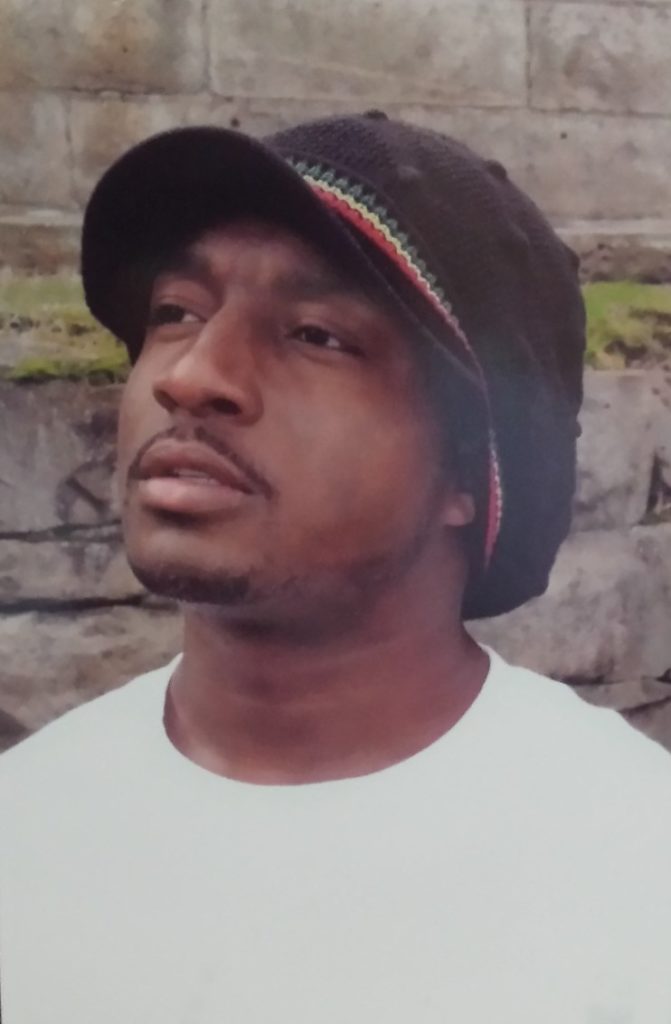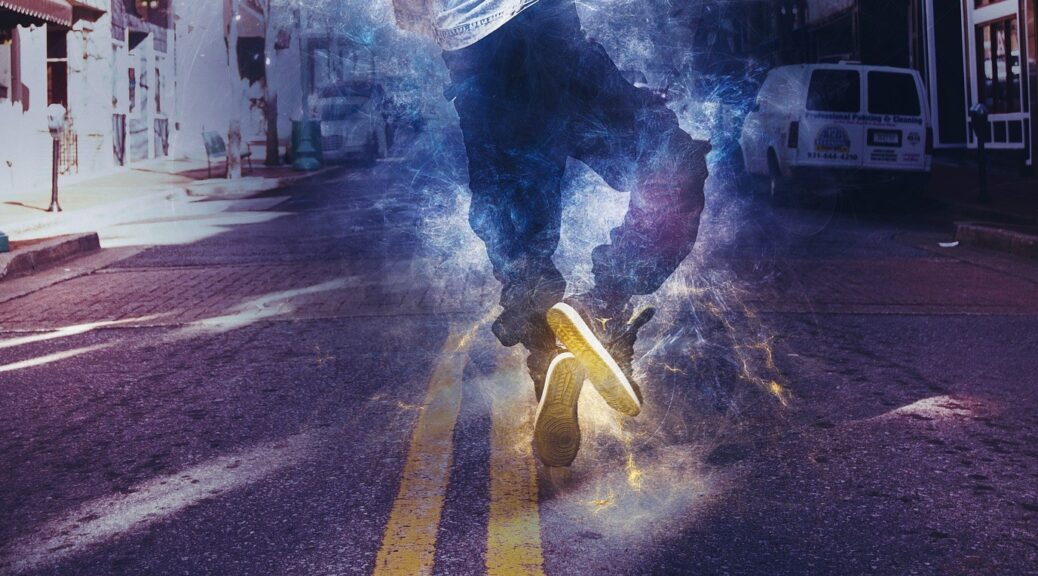Over the 22 years I’ve been on Death Row, the days have become progressively more difficult. The physical toll it exacts is unabating; the mental toll, too strenuous to bare. Incarceration is like starting off every morning at the bottom and laboriously scaling up the ladder to morale. Nobody wakes up in prison feeling good about themselves, and feeling worthy comes with effort. For many, being incarcerated will be our greatest challenge in life, shaping us in the best or worst way. It’s adversity come to declare war on our peace of mind and the price of defeat is our mental wellness. It should come as no surprise, the drawbacks of this system that devalues human rights, which is why it takes a special kind of resilience to get through the day.
Over the years, I have relied on several mechanics to stave off the despondence of daily restrictions. I’ve put in long hours at the poker table. I’ve watched enough TV to go blind. I’ve swapped war stories, read tons of books, and even meditated to fill the void. I’ve sang and written and turned to prayer when singing and writing didn’t work. But the one thing that has been a constant relief for me is dance. Yep, you read that right… dance. Dancing has gotten me through the toughest moments, not just on Death Row but throughout my life.
I came up in a time when family and friends frequently expressed their love for one another through dance. Drunks slow grinding. Church folks stomping. And those non-dancing head boppers who just couldn’t help themselves. I started dancing myself when I was around four, merely twisting and shaking to the music while the grown-ups chuckled and pitched me coins, showering me with a feeling of acceptance. By thirteen, I was plagued with insecurities and too ashamed to dance. I envied the other teens during Friday night dance battles at the community center as they performed, seemingly without fear or reservations. Envy gave way to passion, and I began practicing dance in private, choreographing routines with the help of my kid sister. Then one day I danced before a crowd, and all my insecurities slipped away. I knew right then I would never stop dancing again.
I didn’t set out in life to be a great dancer, just one who wasn’t ashamed. It didn’t seem right to quit doing something I loved for the sake of others’ opinions. Too often we buy into the narrative of dance with words like rhythm, grace, and beauty. Yet we lose sight of the most important attribute of dance – its potential for healing. I dance whenever the C/O’s piss me off. I dance when I’m locked in the cell. I dance to prevent shit talking inmates from provoking me to fight. I dance around the dayroom, the rec yard and throughout the hallways – wherever I’m in the mood; and what’s validating is when the other inmates not only encourage me – but are themselves inspired to dance.
Dancing isn’t meant to be taken too seriously, unless you’re a serious dancer. It’s okay to clown around if it helps us to feel better about ourselves. I, myself, am a fan of crumping, a dance style that consists of hard-hitting, chest popping versatility, except I’m forty-eight with bad knees, self-taught, and mediocre at best. But do I let that stop me from reaching my happy place… hell no. I man up and go for mine. And when the dance ends and the euphoria fades away, I find that prison is a little more bearable.
Dance doesn’t belong to the rhythmic and the graceful – it’s a force that’s driven by emotions, the therapeutic resolve of our inner conflict when words otherwise fail. Dance has been not only a confidence builder for me, but also my source of inspiration allowing me the spontaneity to express myself in a place where emotional expression is generally discouraged. It is a spiritual catalyst that transcends incarceration and brings me closer to peace of mind, therefore I dance to get through the days in prison because dancing sets me free.

ABOUT THE AUTHOR: Terry Robinson writes under the pen name ‘Chanton’, is a member of the Board of Directors of WITS, and heads up a book club on NC’s Death Row. He has always maintained his innocence, and WITS will continue to share his story and his case.
Terry continues to work on his memoirs, as well as a book of fiction, and he can be contacted at:
Terry Robinson #0349019
Central Prison
P.O. Box 247
Phoenix, MD 21131
OR
textbehind.com
![]()
